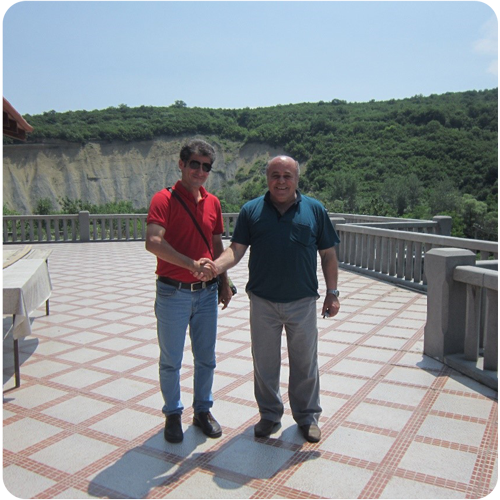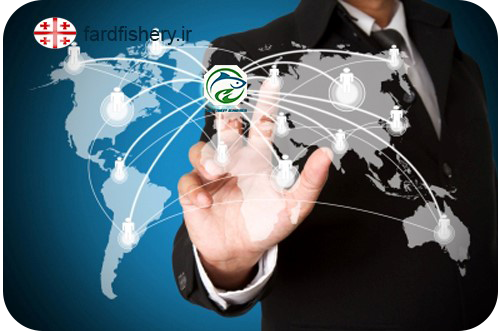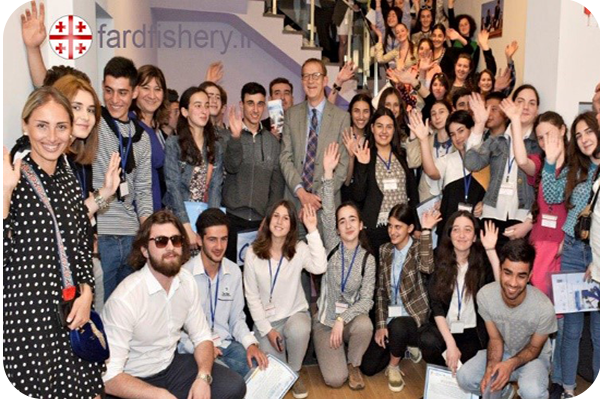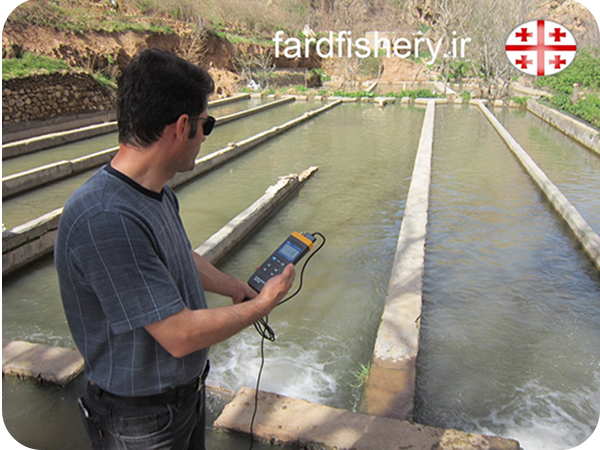Targeting and promotion
Governing Laws and Regulations
Georgia does not currently have a fisheries law; however, it has recently taken various legislative and enforcement actions that have led to a number of laws and regulations relating to the fisheries sector in various ways. These laws and regulations cover a wide range of areas.
At the beginning of the year 2000, they attempted to draft a new fisheries law that was suspended for some time due to lack of expertise in the ministry.
In year 2004, the drafting process continued with the involvement of international specialized lawyers, fisheries associations, various ministries and national legal experts from the FAO technical cooperation project activities.
A draft of a final text was made available at the beginning of Year 2005, But recent major changes to its structure and Georgian legal framework have weakened the law.
Applied Research, Education
There is currently no official center for aquaculture and training facilities available in Georgia. In the fisheries sector, there is no adequate academic and vocational training and practical training. This will have -term and long-term consequences for the sustainable development of fisheries and aquaculture in the country. Lack of university education in the fisheries sector is a problem that can be addressed through cooperation with universities in neighboring countries (eg Iran, Ukraine, the Russian Federation and Turkey) and consider European countries where there is a higher level of fish farming. The Fard Fisheries Department is prepared to provide consulting, design and implementation of fisheries projects, technical expertise in water quality, farm management and specialized training to human resources.
However, the lack of a professional technical center for practical training in fisheries and aquaculture will be appropriately addressed in Georgia. Aquaculture knowledge is often based on acquired knowledge and practical skills of doing the job. Modern and new technologies can provide areas for increased production capacity per unit area and reduce production costs.
It is generally felt that an education system should be established in Georgia to raise awareness among young people, especially in the fisheries sector, and provide adequate training, modern design and implementation to those interested in fisheries or desire Increasing their skills in the specialized aspects of fisheries. It also enables fisheries research institutes and aquaculture companies to hire young people to work in the sector, as it is very difficult to find young professionals with the right skills and expertise right now.
Demand for aquaculture products in the domestic market is high. Georgia imports relatively large quantities of fishery (including farmed fish) to meet this demand, as the maritime and inland sectors are unable to do so in the short term. Georgians usually prefer salmon, caviar, freshwater shrimp and other fish and mussels that can be produced domestically and in aquaculture farms. There are also opportunities to export aquaculture products to the Russian Federation and other former Soviet countries. Aquaculture is still in its infancy. Individual fisheries have good potential to increase species production in inland waters and the marine environment. It also focuses on research into fish production, farm management, fish health and nutrition and feed production to reduce production costs and improve the quality of baby fish. The development of the aquaculture industry is currently constrained by a shortage of fish in the domestic market, the low level of fish and baby fish production and their poor quality and lack of credibility, small financial resources and adequate insurance for aquaculture operations. Salmon feed is currently being imported at high prices, while products produced and harvested from national fisheries can be used to produce aquaculture feed.
However, further research needs to be done to design and utilize new and up-to-date technologies and standard methods for producing these marine creatures. Pollution of coastal areas poses a real threat to any development of the aquatic industry along the Georgian coastline, such as oil spills and other offshore activities that have a negative impact on water quality.
Aquaculture can provide good opportunities for rural poverty reduction, in many of Georgia’s Asian sectors and rural agricultural development, one of the successful approaches to poverty alleviation. Technological advances in Georgia’s aquaculture have been very limited compared to the last decade, and the impetus to develop aquaculture internationally is needed.
Target for fisheries development in Georgia
1) Development of aquaculture sector and supplying domestic demand and supply to export market
2)Production of at least 5 tonnes in the aquaculture sector through increased technology, increased access to optimal quality and proper nutrition and baby fish production, as well as financing for working capital and insurance
3) Diversity in the aquaculture sector, with different types of production (salmon, carp, edible mussels, mussels, ornamental, caviar and, production techniques (such as ponds, cages and tanks) and systems (aquaculture) Extensive, intensive and integrated with agriculture and cultivation
4) Support the establishment of fisheries associations that work with technology development and play an active role as representatives in discussions with the Georgian government.
5) Achieve national self-sufficiency in promoting fish feed production through fish breeding sites and the production of cheap, low-cost equipment, qualitative, technical and support advice from national fisheries and research institutes
6) Promote the role of aquaculture in reducing rural poverty, social development and achieving food security in Georgia.
7) Development and application of technology that encourages sustainable durable systems for edible, ornamental and other marine organisms in the Black Sea coastal area.
8) Ecologically sustainable aquaculture and monitoring its effects on genetic diversity and territorial integrity in order to minimize adverse effects on ecosystems and socioeconomic conditions
9) Development of aquaculture based on native species; introduction of alien species or modified reserves obtained after scientific evaluation and government approval.
10) Preparation and implementation of a sample farm with good practices and fish health management in aquaculture
11)Establish and implement a state-sponsored fish health monitoring system





